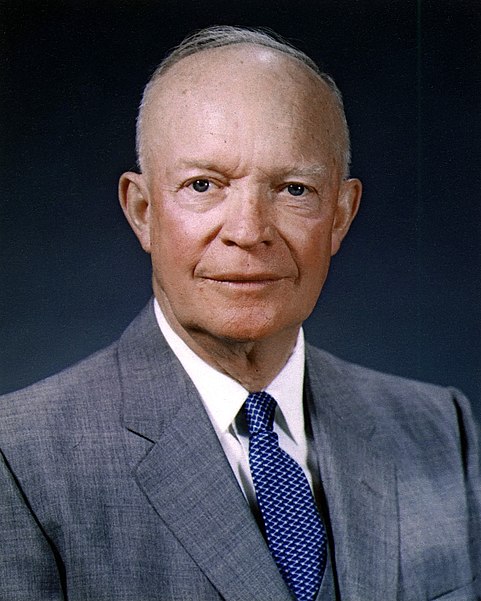- Joined
- May 21, 2006
- Messages
- 9,555
- Reaction score
- 31
Given the differences of today, what would you expect to see? And is there anyone who matches that?
Still had an awful foreign policy.
Doesn't seem that bad. Sure, there were a few things which later blew up in our face but for the most part, pretty decent.



